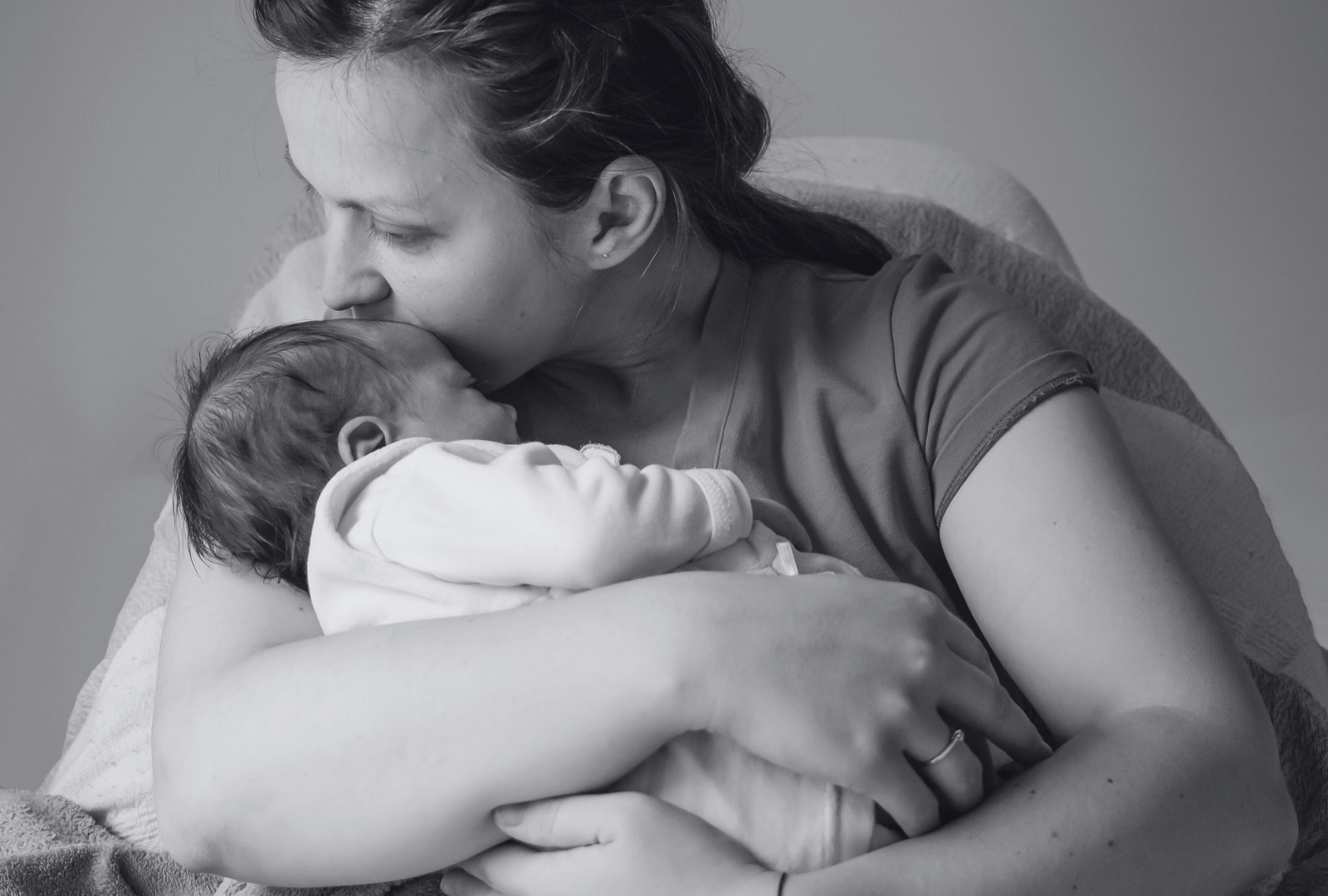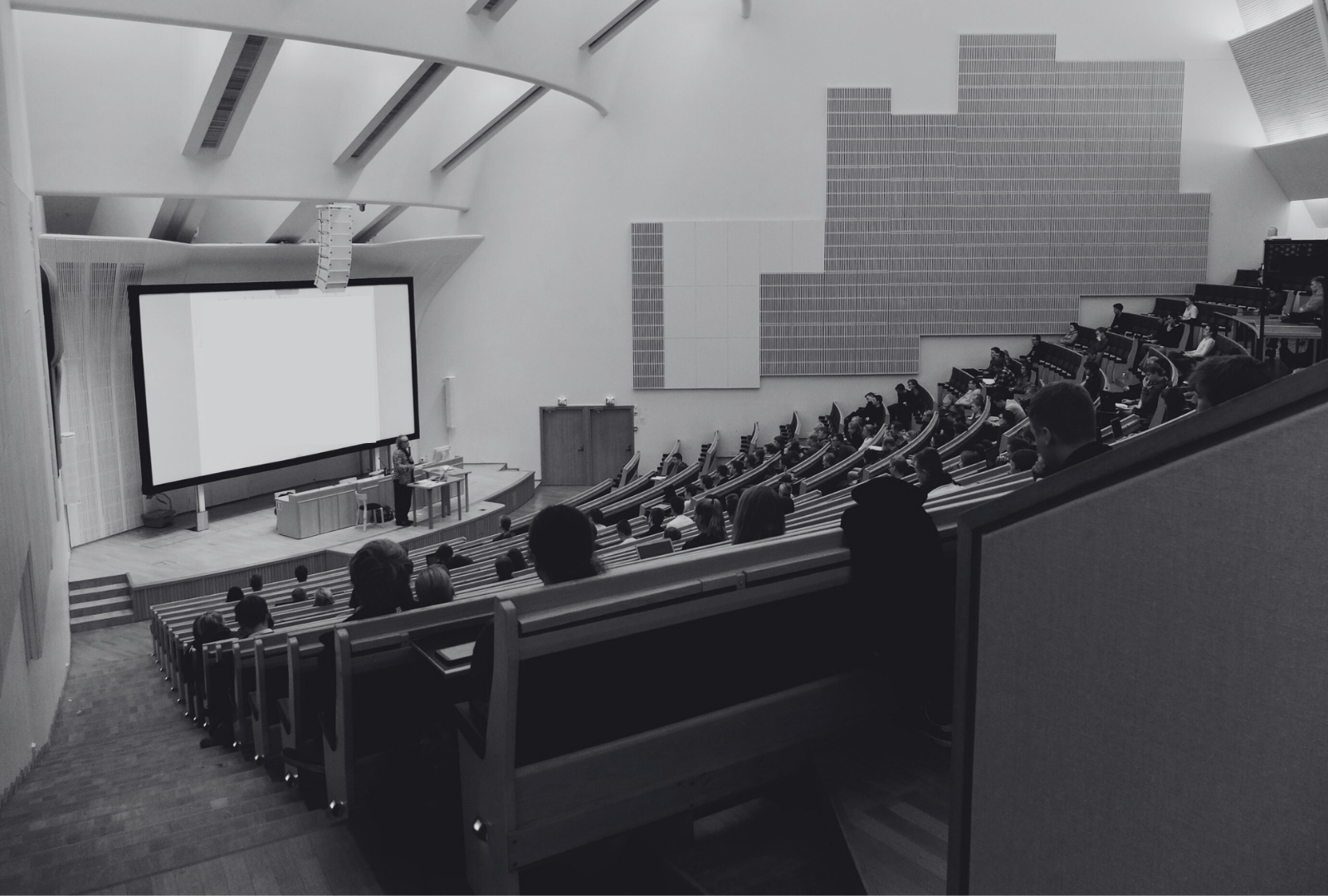Research Pillars
Indigenous Health and Well-Being
Personal and collective experiences of stress and trauma and their links with well-being across the lifespan and generations
This research pillar explores connections between personal and collective stress and trauma and their effects on well-being across one’s lifespan and in subsequent generations. Much of this work has focused on assessing the long-term and intergenerational effects of experiences of racism and of having been affected by the Residential School System and the child welfare system during and after the Sixties Scoop.
Health inequities between Indigenous and non-Indigenous Peoples
This research pillar examines various health inequities within and between Indigenous and non-Indigenous populations in Canada, often using nationally representative data sets of First Nations peoples living on-reserve and off-reserve. Some of these analyses have also assessed factors that contribute to these inequities such as food insecurity, low socioeconomic status, and other social determinants of health.
Resilience and the protective effects of cultural identity and engagement
This research pillar examines factors that can protect against the negative effects of stress and promote health and wellness in Indigenous populations. Much of this work is focused on assessing how various aspects of cultural identity and engagement are associated with health and well-being.
Assessing the effects of learning about Indigenous Peoples and Colonialism in relation to beliefs and attitudes
Our team is exploring the current landscape of Indigenous education curricula and programs that teach about the legacy of colonialism in Canada. Some of this work is focused on assessing how such educational “interventions” are associated with beliefs and attitudes related to Indigenous peoples.
Creating Ethical Space for First Nations-led biological research
This pillar is focused on assessing potential ways to create ‘Ethical Space’ for collaboration and knowledge sharing between Indigenous and non-Indigenous partners in research, with much of those work focused on helping communities understand the potential benefits and risks of measuring biological factors (e.g., genetics, epigenetics) in health research. This initiative seeks to support communities to make decisions about participating in research involving biological factors and how to go about protecting themselves against any associated risks.
Funders





